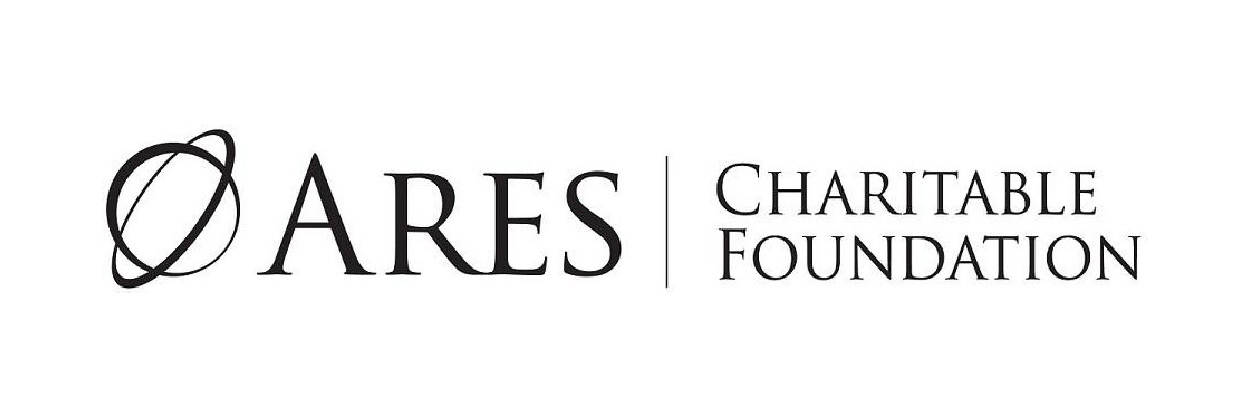JFFLABS
Regional Solutions for Growing Quality Green Jobs
This data-informed guide is designed to help regional leaders better understand and leverage their potential to promote the growth of quality green jobs.

Growing a vibrant green economy is crucial to improving our environmental and economic well-being. But for leaders working to build a more sustainable future, navigating the many environmental, social, labor, and political challenges of pursuing this vision can be overwhelming.
Every region of the United States contains a unique mix of risk and readiness for building a greener, more resilient economy. Some regions are in the first phases of exploration and leaders are asking foundational questions: What are green jobs? Where do they exist in my region? Is my region ready to engage?
Leaders in other regions might be asking themselves: What are effective ways to grow quality green jobs? Which activities should I prioritize to support my region through this transformation? Who else should be involved?
This guide is designed to answer essential questions such as these.
Jobs for the Future (JFF) analyzed county-level data for key characteristics related to economic and climate resilience across the United States: climate patterns, social vulnerability, the local labor market, and the political landscape. We created categories based on these challenges and assets—Critical, Primed, Exposed, or Early—and developed customized recommendations to help prioritize next steps for each category that can be applied across the country.
Whether you’re a leader in business, government, education, workforce development, community organizing, or another field engaged in climate change mitigation, this guide will provide you with data-informed support for meaningful action. And you won’t have to go it alone. Our tool will show you which regions across the country have similar strengths or challenges and might therefore be valuable partners in your efforts. We aim to foster regional momentum to expand quality green jobs for workers and contribute to a better-prepared green workforce for employers.
“
Resilience is asking, ‘How do you protect your community?’
Use the Tool
While it’s critical that actions to address the climate crisis and its economic impacts are coordinated at the national level, it’s equally important to invest in regional approaches. We need collaborative, context-specific solutions to address conditions in different parts of the country and attend to the unique needs of the people who live and work in them. Regional leaders can leverage localized knowledge, networks, and resources to help solve their most pressing problems.
Many regions are already leading their own efforts to grow quality green jobs that promote both environmental and economic justice. Regions have an opportunity not only to accelerate the transition to a green economy but to do so in a way that expands economic advancement for people underrepresented in green jobs today, such as Black workers and women of all racial backgrounds, who respectively make up less than 10% and less than 20% of the workforce in clean energy production and energy efficiency, according to the Brookings Institution. All regions play a pivotal role in this work and can make significant progress with the data-driven guidance provided here.
Understanding your region’s strengths and challenges is an important step toward driving green economic transformation. When it comes to forging connections with other players and organizations that can accelerate the transition to a green economy, it’s critically important to identify shared concerns and common ground where leaders are likely open to sharing their challenges and visions for solutions.
We urge regional leaders to look beyond your current partners and political or geographic boundaries. After all, very few environmental and economic issues stop at city or county lines.
“
This work is about ecosystems, not siloed or competitive work. Taking action toward a green economy that serves the diverse interests of all regional stakeholders requires us to ask where we can find common ground. More collaboration and less restrictive funding can provide the necessary flexibility to be creative and authentically inclusive with solutions on behalf of our communities.

This guide emphasizes the need to grow not just green jobs but quality green jobs because we believe this type of growth is essential to driving a transition to a more sustainable and equitable economic future for all. At the same time, we recognize that definitions of such terms vary by region and that a lack of agreement on terminology can make it challenging to collaborate.
Here we offer the CREST initiative’s definitions of a green job and a quality green job as a starting point for regional conversations:

A green job is a job that contributes to a more resource-efficient society through its integration of green skills, which encompass the knowledge, abilities, values, and attitudes needed to live in, develop, and support sustainability.

A quality green job is a green job that provides a living wage and comprehensive benefits as well as the flexibility, autonomy, stability, and advancement opportunities that all people need to thrive.
Ideally, all jobs would become quality green jobs in the future. In the meantime, we urge leaders to help move your regions closer to this goal by creating more quality green jobs and expanding access to them as soon as possible.
To learn more about quality green jobs, click here.
About CREST
Climate-Resilient Employees for a Sustainable Tomorrow (CREST) is a five-year, $25 million grant-funded initiative of the Ares Charitable Foundation in partnership with Jobs for the Future and World Resources Institute. The goal is to close the gap between the demand for a skilled workforce for green jobs and the number of people prepared for these opportunities. Working with our partners and local communities, we can deepen our impact, harness new opportunities, and help create a green, resilient future that benefits generations to come. CREST brings together leading nonprofit research and innovation organizations to advance our goals of equal opportunity in an expanding green economy. JFF will help prepare an inclusive and skilled green workforce through research, job training, identification of regional solutions, and support for climate innovators.
KEY PARTNERS







